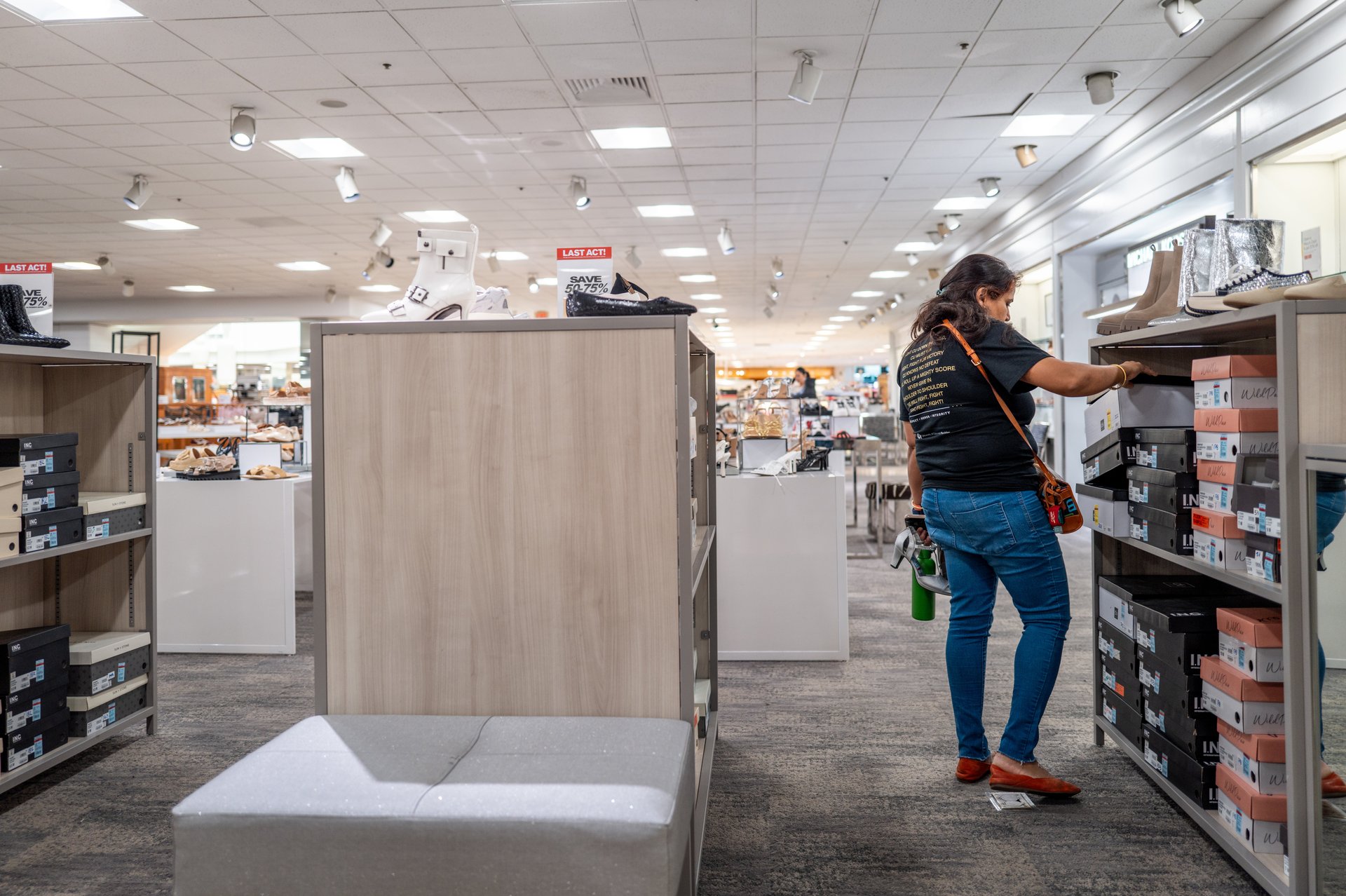Inflation, tariffs, and job fears tank consumer confidence to the lowest levels since 2020
The share of consumers expecting fewer jobs in the next six months was nearly as high as during the Great Recession

Suggested Reading

Consumers continued to be in a dour mood over the past month.
Related Content
Consumer confidence tanked 7.9 points in April to a reading of 86, the Conference Board said in its latest survey released Tuesday. That’s the lowest reading since May 2020 and a larger decline than economists had projected. In addition, the survey’s Expectations Index — which captures people’s outlook on the economy — crashed 12.5 points this month to 54.4, the lowest level in 13 years.
The Conference Board explained some of the underlying causes of the plunging consumer sentiment.
“Consumer confidence declined for a fifth consecutive month in April, falling to levels not seen since the onset of the COVID pandemic,” said senior economist Stephanie Guichard in a report accompanying the survey.
Guichard noted that the decline was largely driven by consumers’ falling expectations; the three components of these expectations — business conditions, employment prospects, and future income — all deteriorated sharply, reflecting pervasive pessimism about the future.
Strikingly, the report notes, the share of consumers expecting fewer jobs in the next six months (32.1%) was nearly as high as it was in April 2009, in the middle of the Great Recession.
The findings mirror a recent consumer survey released by the University of Michigan.
“While this month’s deterioration was particularly strong for middle-income families, expectations worsened for vast swaths of the population across age, education, income, and political affiliation,” wrote Joanne Hsu, the survey’s director.
The Conference Board report comes as numerous economists are also sounding alarms.
Morgan Stanley (MS) places the odds of a recession this year at 40%, Goldman Sachs (GS) thinks the likelihood is 45%, and the cautious International Monetary Fund puts the chance of a U.S. recession at 40%, up from 25% last October.
Meanwhile, JPMorgan Chase (JPM) has said the chance of a recession this year is 65%, renowned Wall Street economist David Rosenberg thinks the odds are as high as 85%, and Torsten Slok, chief economist at Apollo Global Management (APO), calculates the chances of what he calls a “voluntary trade reset recession” at an almost certain 90%. Ray Dalio, the billionaire hedge fund manager of Bridgewater Associates, said recently that he’s worried about “something worse than a recession” because of the trade war.
The Conference Board report notes that April’s fall in confidence was broad-based across all age groups and most income groups. The decline was sharpest among consumers between 35 and 55 years old, and consumers in households earning more than $125,000 a year. The decline in confidence was shared across all political affiliations.
Guichard added: “High financial market volatility in April pushed consumers’ views about the stock market deeper into negative territory, with 48.5% expecting stock prices to decline over the next 12 months.” That is the highest number since October 2011.
—Catherine Arnst contributed to this article.
